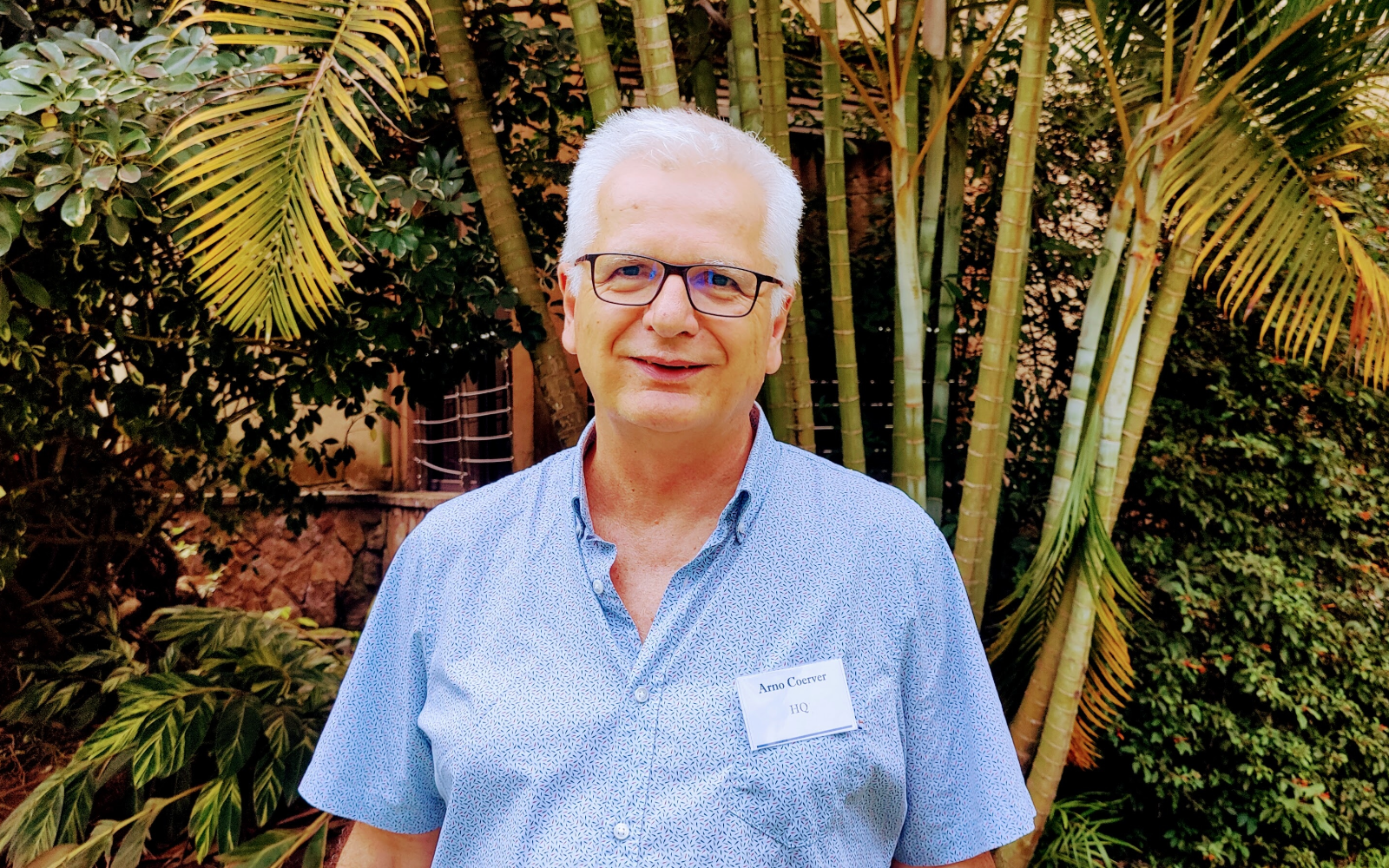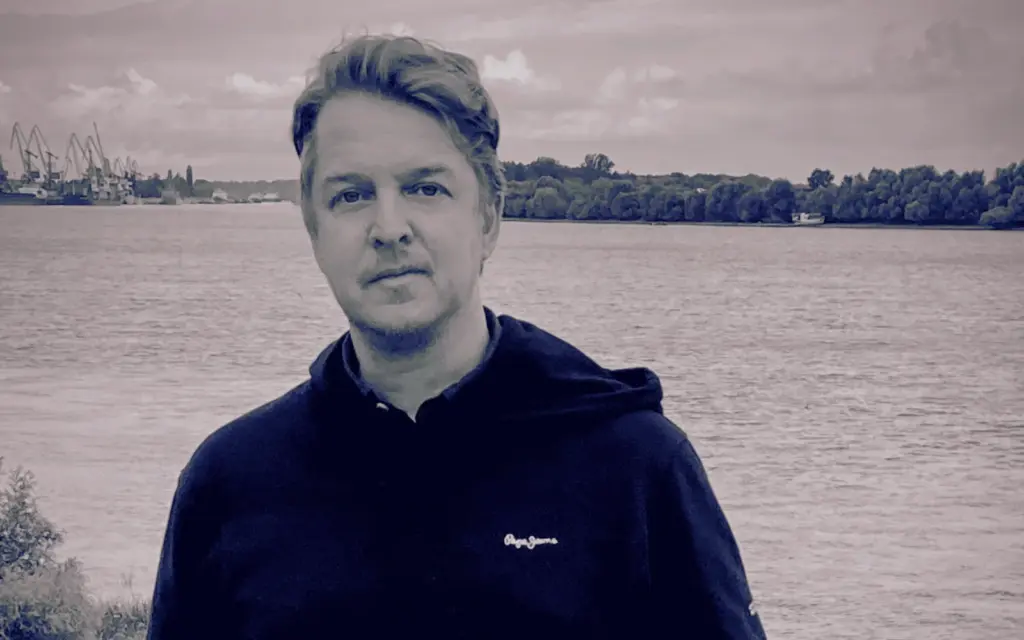I’ve seen how a few small changes can make an enormous difference—not only to health outcomes and survival. Preserving dignity is essential to our humanitarian work. Dignity in WASH means creating conditions that allow people to feel respected, secure, and valued, even in the harshest environments. When we prioritize dignity, we provide more than services; we offer a sense of stability and respect that can help people reclaim control and hope. I invite you to consider five simple shifts that can help ensure we’re honoring dignity in every response.
- Privacy Is Key: Gender-Sensitive Facilities to Foster Comfort and Security
Imagine arriving at a temporary camp, and the only latrines available are in open rows, with little separation by gender. Many women and girls I’ve met express discomfort or even fear in these settings, especially at night. In places like Nigeria, I’ve seen firsthand how privacy, something we often take for granted, can be a crucial element of dignity. By providing gender-segregated spaces with secure locks and lighting, we can create a sense of comfort and security that everyone deserves. These aren’t big changes, but they can make a big difference. - Listening First: Letting Local Voices Lead
Sometimes, in our eagerness to help, we unintentionally overlook local perspectives. Yet, including community voices is essential for effective and respectful WASH planning. I remember a project in Nepal where community members, grateful as they were, felt that they had no idea how WASH activities in their municipality were planned annually and how the budget is released. Our partner agency managed to work with the authorities to change this and engage the community in the planning process. They are now aware of their role in the development process and how their involvement in the planning could address their needs. Listening to what residents actually need ensures our response truly supports them, while respecting their own knowledge and insights. For those of us making these decisions, asking, listening, and adjusting goes a long way toward creating a solution that’s both effective and dignified. - Menstrual Hygiene Management: A Non-Negotiable in Every Budget
Menstrual hygiene is too often overlooked in emergency budgets, yet it’s critical for dignity and normalcy. Imagine being a young girl without access to sanitary supplies, forced to miss school or daily activities. In Uganda, I saw the impact when menstrual supplies weren’t prioritized—young women were left without essentials like soap and sanitary pads. Ensuring these items in WASH funding may seem small, but for many women and girls, it’s essential to feeling comfortable and confident. - Prioritizing Clean Water from Day One
For families suddenly displaced, losing access to clean water can be as distressing as any other hardship. In the first stages of emergency response, clean water is often scarce, forcing families to make difficult choices about water use. This is where preparedness and anticipatory humanitarian action matter. By planning ahead and pre-positioning supplies or arranging water trucking in high-risk areas, we can act swiftly to deliver clean water, sparing families from these difficult adjustments. Anticipatory action allows us to respond faster and more effectively, helping people retain a sense of normalcy and security from the very start. As you consider where to support, know that access to clean water is essential not just for health, but for restoring dignity and stability. - Respecting Sanitation Workers: Improving Conditions and Recognition
Dignity extends to everyone involved in maintaining WASH systems, including the sanitation workers. In India, I’ve worked with sanitation workers and waste pickers who face hazardous conditions daily. Often from marginalized communities, they do this essential work without adequate protection or health support. Investing in safer conditions, fair pay, and protective equipment for these workers is not only just—it also improves the entire WASH ecosystem. Supporting these efforts as donors or policymakers means respecting the dignity of everyone who contributes to WASH.
Each of these shifts is achievable and powerful. Whether you’re deciding where to invest, shaping policies, or working on the ground, I encourage you to think about dignity as a core part of emergency WASH. With these small adjustments, we can help clients not just survive, but do so with the respect, comfort, and security they deserve.



